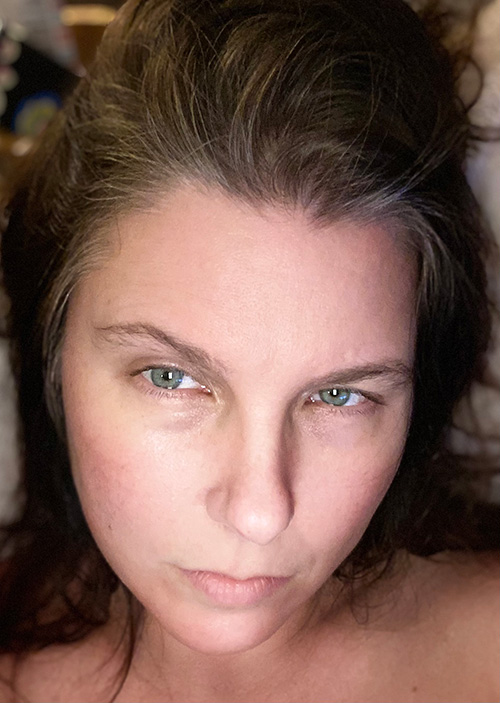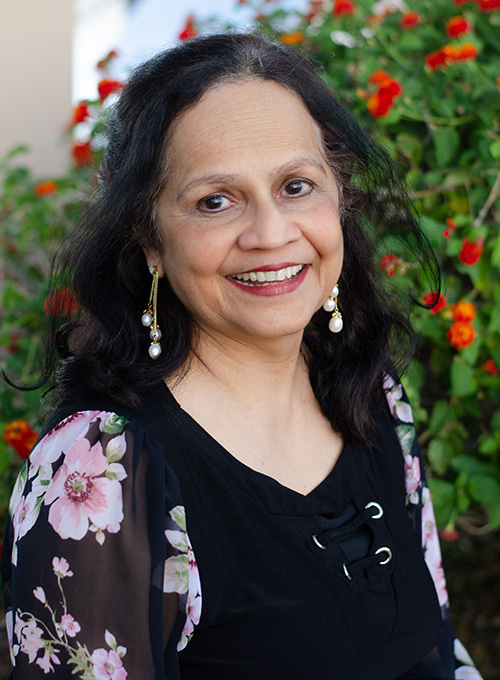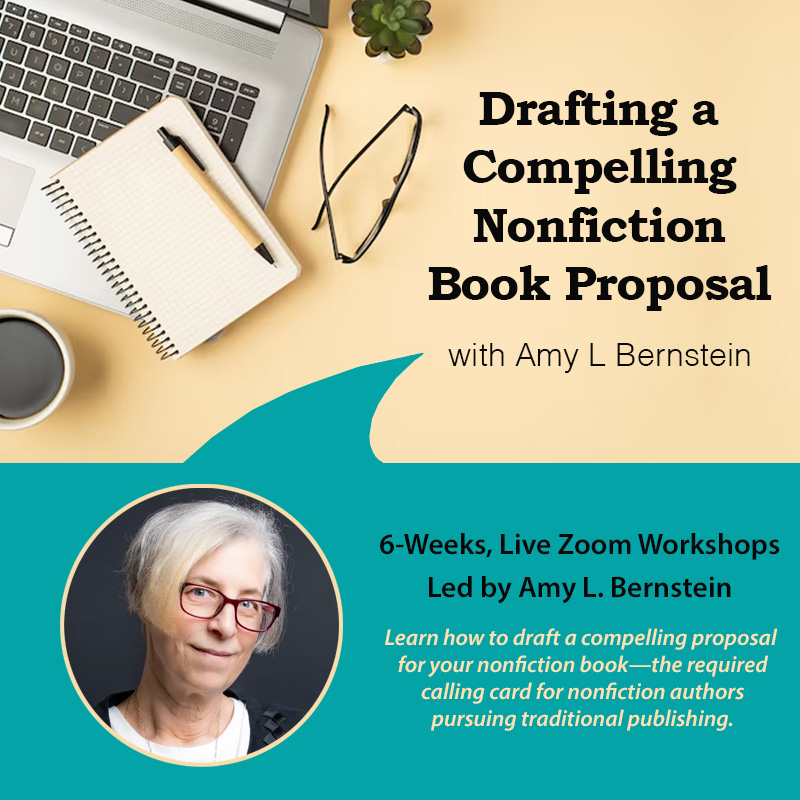Congratulations to Ashly Callaway from East Tennessee for her amazing nonfiction essay titled: Gross Misconduct!
Check out Ashly's submission, Gross Misconduct, as well as all the other winning entries and then stop back here to read Ashly's enlightening interview with Crystal J. Casavant-Otto from WOW! Women on Writing.
Ashly’s Bio:
A lifelong solitary creature, Ashly’s most at peace when surrounded by animals—dogs, birds, moose, more dogs—and the silence nature wraps around her. Quitting teaching after too many active shooter drills, she somehow mustered the wherewithal to finish her young adult novel in year two of the pandemic, aptly titled
Solitary Creatures. When not obsessively checking her nature cam for nocturnal activity, she can be found creating imperfect stained glass pieces, fostering sick puppies, and narrating her dog’s thoughts. She is Oxford-comma positive and cannot wait to retire to Maine.
WOW: Maine sounds so lovely - and thank you for all you do for the sick puppies! Congratulations Ashly and I'm excited to chat with you today. Thank you for writing such a personal essay. What is the take-away you'd like readers to gain from Gross Misconduct?
Ashly: I think it’s important for teachers, especially those new to the profession, to feel supported by my anecdotes and maybe let them know that, no, you are not crazy or incompetent or a failure – teaching in current times can feel impossible.
I also think it’s crucial for lawmakers, parents, school administrators, and students in teacher training programs to have a firm grasp of what goes on within public school classrooms. People like to say, Oh, teachers get to leave at 3:00 or, Teachers have summers off; but most people haven’t the foggiest idea of what teachers contend with. Just look up teacher videos on TikTok – former teachers’ re-enactments of educational and behavioral chaos aren’t hyperbole!
WOW: As a volunteer at school, I give teachers all the credit in the world. Just a few hours a week has me questioning my sanity - thank you for supporting our educators! Where do you write? (As I am confident no human can actually think in a classroom full of children - I know it's not there!) What does your space look like?
Ashly: My husband and I gave up on using our dining room table for actual dining, so it’s now tucked into a corner of my house where sunshine and critters in trees serve as my backdrop. The other day, I quickly rescinded my complaint that the sun in my eyes was making it hard to type. That’s a good problem to have, I believe.
I have a small lamp on the table (for a cozy feel) and a four-photo frame of my great-grandmother, grandmother, mother, and myself. It’s worth noting I’ve covered up the photo of my mother with a print-out of my 2025 goals – it was my grandmother to whom I was closest, and since her first days of life served as the backstory of my unpublished novel, Solitary Creatures, I like to have in my space the black-and-white photo of her younger self. Also in the workspace tableau is my dog, Millie, who keeps me entertained with her expressive eyebrows.
WOW! I love your honesty and I'm not sure what I love better, the goals over your mother, or Millie's eyebrows, but that's awesome and begs the question: who is your support, and what have you found to be most supportive in your writing life as well as in life in general? You are clearly an animal person - but are there other writers/readers in your life who help you through?
Ashly: That’s true, I’m an animal person because I do tend to be a misanthrope, but since I can’t ask the wrens and chickadees what they think of my writing, I ask female friends to give feedback because they’re especially good at grammar and interpreting figurative language.
In general, my husband is my main source of support. A former therapist, he has tools most people don’t have for working through my psychological challenges. This tracks. 🙂
WOW: Oh my - could you lend him out? I think I'd love having a therapist join me for my morning coffee on the daily...or maybe not...what advice would you give to others (specifically female teachers) when it comes to self care?
Ashly: For female teachers, self-care would look like running. Not for exercise, but away from education. Many teachers who start off very young and overwhelmed may not recognize the disparity in how male educators are treated versus females. But eventually, they’ll come to find out that, because male teachers are rarer, they aren’t held to the same standards as the dime-a-dozen women. It’s bewildering to work until 7:00 p.m., come into the classroom on Sundays to plan, and prepare extensively for administrator evaluations while witnessing the handful of male teachers grab their keys and depart school at 2:50 each day. That dynamic can exist anywhere, but knowing for every one teacher there are 25 more women standing in line for your job makes it easier for principals to treat you as such – disposable.
WOW: I had never looked at the profession that way - thank you for enlightening me and all our readers today.
What’s next for you? What are your writing goals for the rest of 2025 and beyond?
Ashly: During the pandemic, I was laid off from my communications job, so I took advantage of the free time to finally bring a novel to fruition. I’ve been querying agents requesting representation for a long time, but with no luck. I’ve come to understand books go through fads and phases just like every other form of media, and it’s just not time yet for my family saga/young adult novel centering mental illness to be put out into the world. The most important thing for me is to keep writing, though, regardless of interest in publication.
WOW: I'm absolutely positive you'll find representation at just the most perfect timing and the world will hear more about your book baby! In fact, if readers scroll beyond our interview, they can read an excerpt from your book and I'm sure we can all agree it's a book that needs to be born!
Just a few more questions before our time is up today Ashly (though I'm sure you'll be back in the future).
You have an impressive bio - it begs the ask - tell us more about your retirement goal and why Maine or tell us more about your creative outlet and stained glass?
Ashly: I’m actually working on an essay about just that – retiring to Maine – that goes into why we want to be there. But suffice it to say, not being a true Southerner in the South has effectively pushed me into the margins of the community. I was looking for a place where people are kind, interdependent, trustworthy, and not preoccupied with politics or religious beliefs. It’s become increasingly important to me to feel like I can be myself where I live.
WOW: Ashly, I know it's not Maine, but you should absolutely come visit me in Wisconsin as Door County is an absolute gem filled with the nicest people and the cutest shops and of course, me - we could hang out! Keep me posted about your book and definitely will hold some space for you here at WOW! and we can plan a launch tour! Until then - keep on writing!
Today's post was penned by Crystal J. Casavant-Otto

Crystal Casavant writes. Everything. If you follow her blog you have likely laid eyes on every thought she has ever had. Her debut novel,
It Was Never About Me, Was It? is still a work in progress and shall be fully worthy sometime in 2025. She has written for WOW! Women on Writing,
Bring on Lemons, and has been featured in several magazines and ezines relating to credit and collections as well as religious collections for confessional Lutherans. She runs a busy household full of intelligent, recalcitrant, and delightful humans who give her breath and keep her heart beating day after day.
Crystal wears many hats (and not just the one in this photo) and fully believes in being in the moment and doing everything she can to improve the lives of those around her! The world may never know her name, but she prays that because of her, someone may smile a little brighter. She prides herself on doing nice things - yes, even for strangers!
Check out the latest Contests:
When Margaret Arbeiter dies giving birth to a daughter in Depression-era Ohio, her husband absconds, leaving their young son to be taken in by family while the baby girl, Violet, is placed in a state orphanage. This injustice is rectified when a childless party line operator “overhears” the news during a conversation between neighbors and adopts her. From there, generational trauma somersaults through the lives of three women between the Great Depression and modern day.
We watch a spoiled Violet in the 1950s learn to look to men to define her while living in a constant state of self-involvement and distrust. She immerses herself in conflict, suspicion, and violence, using alcohol to numb her unease in relationships and the raising of her daughter, Jacqueline, with the limitations her genes have provided. As a mother, Violet could be described as minimally attentive at best, then we see her lose her husband to a preventable death, had she been paying attention.
Jacqueline, Sage’s mother, knits together a threadbare sense of self for Sage and where she comes from by making her own decisions about who family should be. No matter what Sage does or doesn’t do, she lives in a home where her mother’s disappointment lurks around corners and the floors are made of eggshells. Cobbling together an unstable identity from her mother’s harsh words, constant rejection, and alienation of Sage from her family, scar tissue surfaces from these continual wounds in the form of a devastating but befitting diagnosis: borderline personality disorder, or BPD.
The bulk of SOLITARY CREATURES has a foothold in contemporary times – the 1990s – where we see Sage grapple with the narrative her mother has created: She is not loved or lovable. And SOLITARY CREATURES needs a trigger warning – Sage attempts suicide and engages in self-harm because, in her mind, these are her best coping strategies for having a mother by whom she doesn't feel loved. By necessity, Sage tries to cope with her emotional challenges on her own, but then she learns she doesn’t have to. With the support of a compassionate female teacher, a kindhearted love interest in the form of a young, educated Hindu man, and her therapist, Sage successfully navigates the treacherous waters of trying to appear “normal” in high school, not listening to her caustic inner critic, and disentangling herself from the twisted family ties that bind her to a vitriolic mother.





.jpg)























